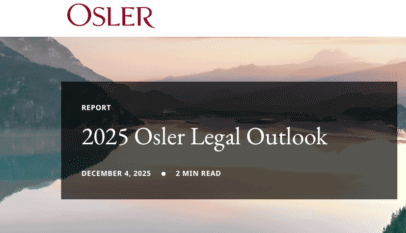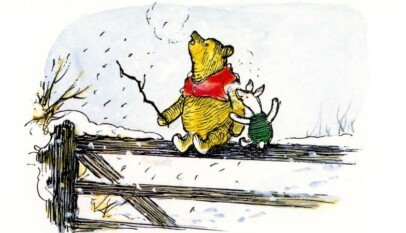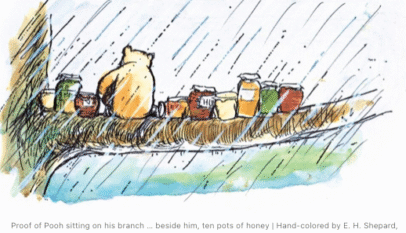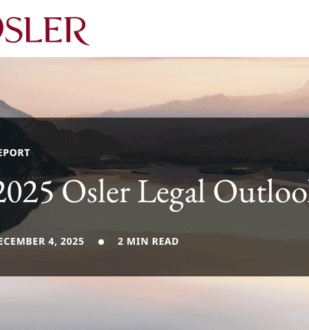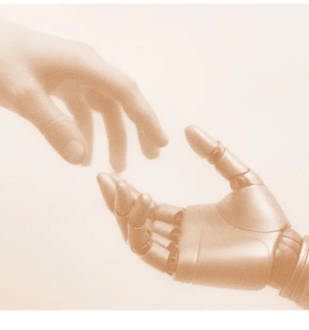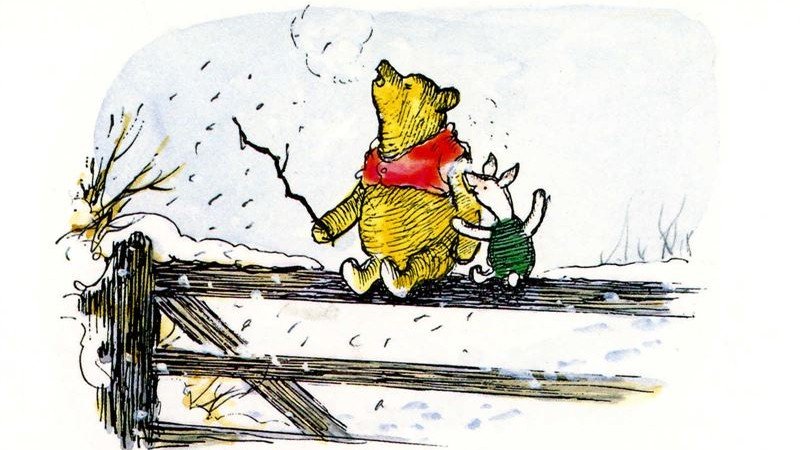
AI Ethics in the Hundred Acre Wood | Part 3 – Piglet: The Precautionary Principle
Piglet worries. He worries about things that might happen, as well as things that might not. He even worries about what could go wrong if someone forgets to worry.
In the Hundred Acre Wood, his friends find it heartwarming. In the corporate world, it’s a job description.
Every team has its Piglet. It could be the risk officer, the privacy specialist, or simply the person who reads the fine print. They don’t sleep easily, which is precisely why the rest of us can.
Piglet represents the precautionary instinct in ethics, which is the impulse to ask whether we should before asking whether we can. Piglet’s caution is not a sign of weakness. Rather, it’s fear as foresight. It’s a quiet sense that once harm is done, it rarely disappears.
When Piglet hears about a new AI system, he immediately starts to imagine everything that could go wrong. Bias. Breaches. Misuse. When he hears the word “autonomous,” he feels a shiver run down his tiny pink spine. He’s not trying to block progress, but he wants to see around the corner.
This mindset is essential. Every technological advancement has required someone like Piglet to ask the tough questions. Without him, enthusiasm can lead to accidents. However, Piglet struggles with something the others don’t… the weight of responsibility without the power to stop the momentum. He can only raise his paw and hope someone listens.
In the world of AI, this is what happens when the ethical voice is excluded from the decision-making process. Risk becomes something you consult on rather than something you feel. Piglet senses danger long before the metrics do, but his instincts don’t translate well to a spreadsheet. He doesn’t talk in probabilities. He talks in possibilities, and those possibilities are easy to ignore until they materialize.
Still, he keeps…



